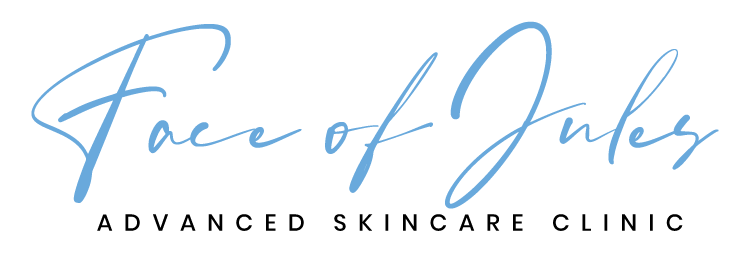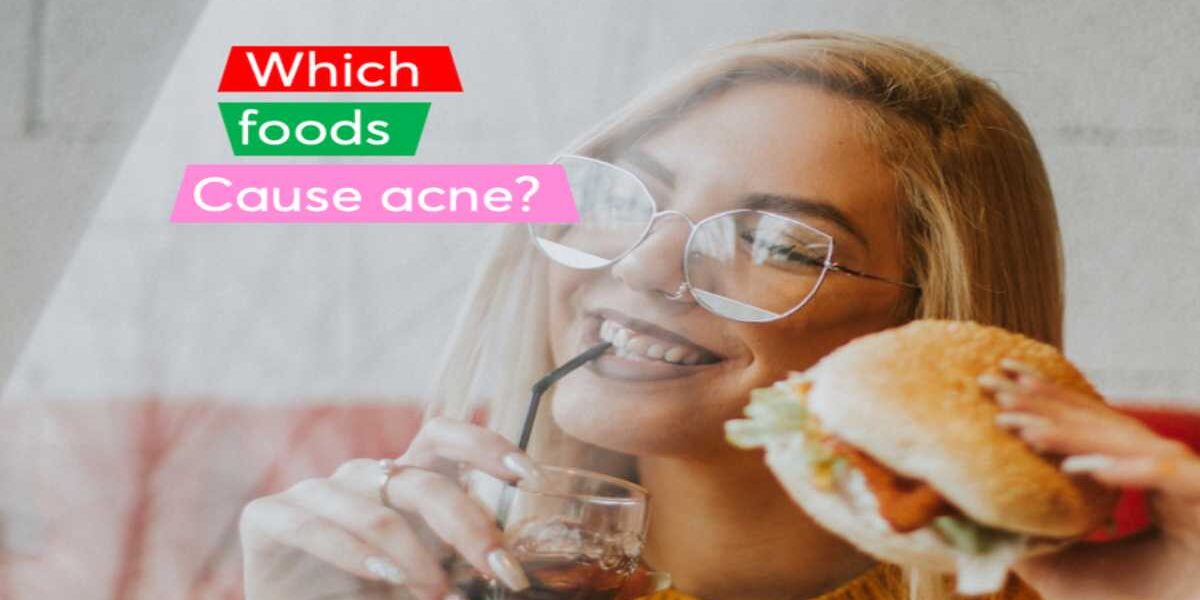Best & Worst Foods Cause Acne
Foods cause acne: Many of us want a quick, easy fix when it comes to dealing with acne. However, the hard truth is you can get the best products in the world, but if your diet is not up to par, you can still have difficulty defeating acne. Research has shown that diet can play a significant role in the development of acne. Today we will talk about the foods you are eating that can cause inflammation in the body & either foods cause acne or exacerbate acne.
what foods cause acne?
Dairy. I don’t know about you, but dairy is my kryptonite; I LOVE a good scoop (or two) of ice cream. Unfortunately, studies have shown that individuals, especially young adults, who consume milk or ice cream are four times more likely to have acne. The theory is that milk affects insulin levels which can worsen preexisting acne.
Added Sugars. We all know how addictive sugar is. Some of us are so addicted we can’t go a day without a fix (e.g., pastries, soda, candy, baked goods, cane sugar, pastries, etc.). The list can go on for miles. But did you know that added sugars can be causing your acne? An increase in insulin can mess with our hormones, therefore, causing the development of acne.
Refined Grains. Research has shown that individuals who consume more refined carbohydrates are more likely to suffer from acne than those with little to no carbohydrates. I know we all love good pasta, but try not to indulge in refined carbohydrates if you are dealing with or prone to acne.
Omega-6 Fats. So much of the western diet is unhealthy due to the number of oils used to make the food. To name a few: corn, canola, soy, sunflower & safflower oil, to name a. These oils cause your body to be inflammatory state & yes, you guessed it, they cause acne. It’s not these oils that cause acne, per se; it’s the imbalance of our western diets being rich in omega-6 and neglecting omega-3 that disrupts our bodies. Incorporating omega-3 in your diet, like fish or fish oil, can make a huge difference in your body’s internal & external health.
Convenient Foods (e.g., fast foods). Remember, most convenient foods such as fast food, restaurants, and on-the-go meals (aka anything you put in the microwave) have an excessive amount of sugars, fat, & refined carbohydrates. All no-nos we have already talked about when trying to get rid of acne. High-fat diets have been shown to have a 43% increased risk of the genesis of acne.
Whey Protein Powder. If you remember some of our previous articles, we have talked about the side effects whey protein powder has on acne. Whey protein has been linked to the development of acne due to it causing the body to produce higher levels of insulin (once again not good), which we have already discussed can be linked to acne.
Food sensitivities. If you are one of those people who have an extremely clean diet, take care of your skin topically (e.g., you use the products your esthetician recommends) & you are STILL dealing with acne, this one is for you. Any foods you are sensitive to can cause increased inflammation in the body, which we know is linked to acne. Taking a food sensitivity test can help determine which foods are causing you harm & then you can start to eliminate those from your diet.
what food can you eat to maintain your healthy skin?
Below is a list of some foods that can help clear your skin:
- Water
- Probiotics
- Turmeric
- Vitamin A, B, C, D, E & Zinc
- Green Tea
- Mediterranean-style diets
- Essential Fatty Acids (e.g., omega-3, omega-6 & omega-9).
Now, of course, we want you to live your life! Indulging once in a while is not going to harm you. We just want you to be aware of some internal factors that may be causing that stubborn acne from being defeated ultimately. Lifestyle plays a huge role in our overall health, and it’s essential to keep a balanced diet to achieve healthy, glowing skin.
Resources:
Cordain L. Implications for the role of diet in acne. Semin Cutan Med Surg. 2005 Jun;24(2):84-91. doi: 10.1016/j.sder.2005.04.002. PMID: 16092796.
Burris J, Rietkerk W, Woolf K. Acne: the role of medical nutrition therapy. J Acad Nutr Diet. 2013 Mar;113(3):416-430. doi: 10.1016/j.jand.2012.11.016. PMID: 23438493.
Salehi A, Gunnerud U, Muhammed SJ, Ostman E, Holst JJ, Björck I, Rorsman P. The insulinogenic effect of whey protein is partially mediated by a direct effect of amino acids and GIP on β-cells. Nutr Metab (Lond). 2012 May 30;9(1):48. doi: 10.1186/1743-7075-9-48. PMID: 22647249; PMCID: PMC3471010.
Ulvestad M, Bjertness E, Dalgard F, Halvorsen JA. Acne and dairy products in adolescence: results from a Norwegian longitudinal study. J Eur Acad Dermatol Venereol. 2017 Mar;31(3):530-535. doi: 10.1111/jdv.13835. Epub 2016 Jul 16. PMID: 27422392.
Wei B, Pang Y, Zhu H, Qu L, Xiao T, Wei HC, Chen HD, He CD. The epidemiology of adolescent acne in North-East China. J Eur Acad Dermatol Venereol. 2010 Aug;24(8):953-7. doi: 10.1111/j.1468-3083.2010.03590.x. Epub 2010 Mar 10. PMID: 20337811.

